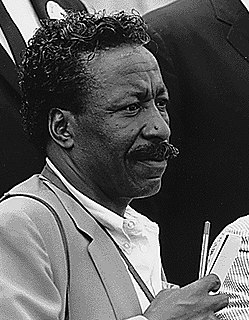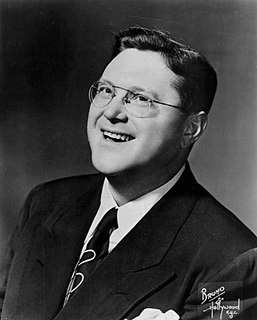A Quote by Ralph Waldo Emerson
Tragedy is in the eye of the observer, and not in the heart of the sufferer.
Related Quotes
Kindness is the visible expression of a feeling and merciful heart; it is the going forth of a tender and susceptible mind; it claims kindred with the human race; it is all ear to listen-all heart to feel-all eye to examine and to weep-all hand and foot to relieve; it invites the sufferer with kind words, and sends him not empty away.
Ahab cast a covetous eye at Naboth's vineyard, David a lustful eye at Bathsheba. The eye is the pulse of the soul; as physicians judge of the heart by the pulse, so we by the eye; a rolling eye, a roving heart. The good eye keeps minute time, and strikes when it should; the lustful, crochet-time, and so puts all out of tune.
The creativity that comes from silence, from a quiet heart, feels different from that of ambition to both the creator and the observer. When the artist or the worker is out of the way, both the creator and the observer experience the art as simply a gift, an expression of the impersonal intelligence shared by all. The creator has no need to take credit for it, the observer no need to possess it.
A curiously interested observer sees a great deal, a scientifically interested observer is worthy of all honor, and anxiously interested observer sees what others do not see, but a crazy observer sees perhaps the most, his observation is more intense and more persistent, just as the senses of certain animals are sharper than those of man.
On 'Sufferer,' I'm talking about the younger generation that has no other option for success than to find a gun somewhere. I try to appeal to them: 'I know you a sufferer, but it doesn't mean that you can't or shouldn't expect any better.' It's a lot different than from what I usually say, like, 'Get busy, shake that thing.'
[On] 'Sufferer,' I'm talking about the younger generation that has no other option for success than to find a gun somewhere. I try to appeal to them: 'I know you a sufferer, but it doesn't mean that you can't or shouldn't expect any better.' It's a lot different than from what I usually say, like, 'Get busy, shake that thing.'







































